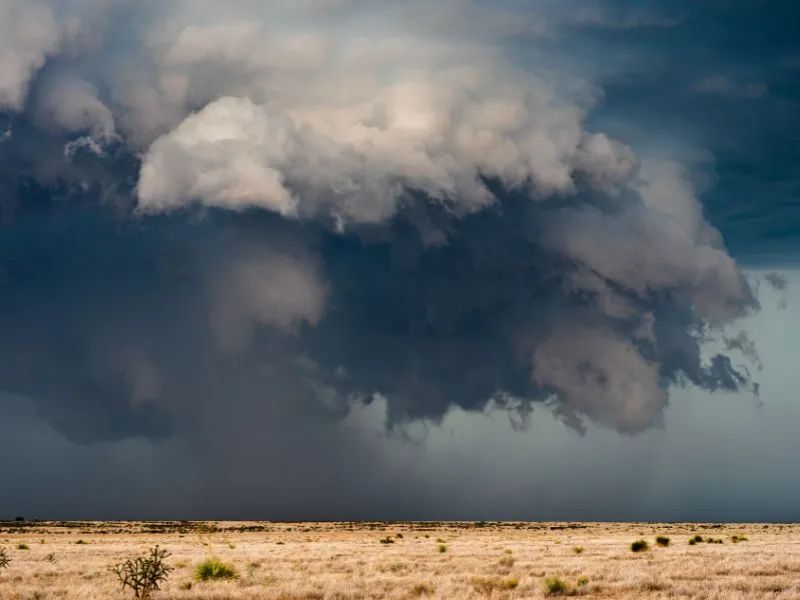
Both climate and weather refer to the state of the atmosphere in a particular region, the difference between them is the amount of time that is being measured. Weather changes frequently, so forecasts are updated over relatively short periods. Climate, on the other hand, is the long-term behavior of the weather.
The weather is defined by all the aspects of a region’s atmosphere, including temperature, wind speed, cloud coverage, precipitation, air humidity, air pressure, and radiation from the sun. Weather conditions are observed and measured in intervals of hours, days, and even years. Climate changes occur over decades and centuries or longer. In other words, climate trends are measured using tens of years or more of weather data.
As an analogy, think of the relationship between meals and diets: diets are made up of several sets of meals. Weather and climate relate to each other much in the same way: numerous sets of weather can be used to describe a region’s climate conditions.
Weather can change noticeably from one hour to the next, and even year to year; during those years, the weather will go through the cyclical changes of the seasons. No two years seasons are exactly alike. One year, spring may be quite rainy in your city, and the next year, less so.
If you want to track your city’s climate during spring months, you would have to observe the local rain trends across several consecutive spring seasons. Most climate observations employ climate normals, which are three-decade averages (30 years) of climatological data, such as humidity or cloud coverage.

Climate conditions can be viewed on different scales, ranging from regional, to country-wide, to global. The term global climate refers to the average of all climate conditions around the world. Globally, the climate is determined by the amount of energy that the atmosphere receives from the sun and the sum of energy that is retained in the atmosphere. The chemistry of the atmosphere largely determines how much energy will be retained.
Leave a Reply